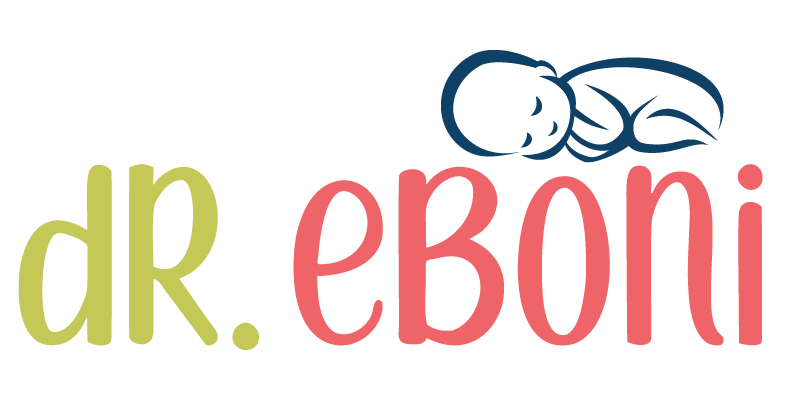Hi Exceptional Parents! It’s me, Dr. Eboni. Let’s talk about some ways to know that your child may be ready for potty training. One way to assess potty training readiness is monitoring for potty readiness cues. Additionally, mastering certain developmental skills also increases a child’s chances to be successfully potty trained. These skills involve many areas of development including how your child learns and processes information (cognitive), communicates (speech and language), uses his muscles (gross and fine motor), interacts with and responds to others (social-emotional), as well as self-help (adaptive) skills.
Here are 7 Potty Readiness Cues.
- Tugging or pulling at or removing a wet or soiled diaper
- Hiding or becoming quiet to have a bowel movement
- Staying dry for at least two hours during the day and awakening dry from naps
- Showing interest in other people using the bathroom or imitating others using the bathroom
- Bowel movements become regular and predictable
- Seeming uncomfortable in a soiled diaper
- Asking to go to the potty
Prior to initiating potty training, it is important to look for toilet readiness skills and cues. Toilet readiness skills include being able to imitate actions, follow simple commands, pull pants up and down independently, and tell you they’ve gone pee or poop. Certainly, your child does not have to show all these skills and cues prior to potty training. However, beginning potty training before your child is ready can cause frustration for both you and your child and even actually delay your child becoming potty trained. Ensuring that your child is demonstrating many of these readiness cues and skills increases her chance of successfully becoming potty trained.
When beginning the process, or even before starting, show your toddler the steps involved including pull pants down, sit on potty, wipe bottom with tissue, flush toilet, pull pants up and wash and dry hands. Repeat the steps in the same manner each time to provide consistency. Punishing does not help and may prolong potty training. Providing a positive and supportive environment as well as being consistent and predictable helps facilitate potty training.

